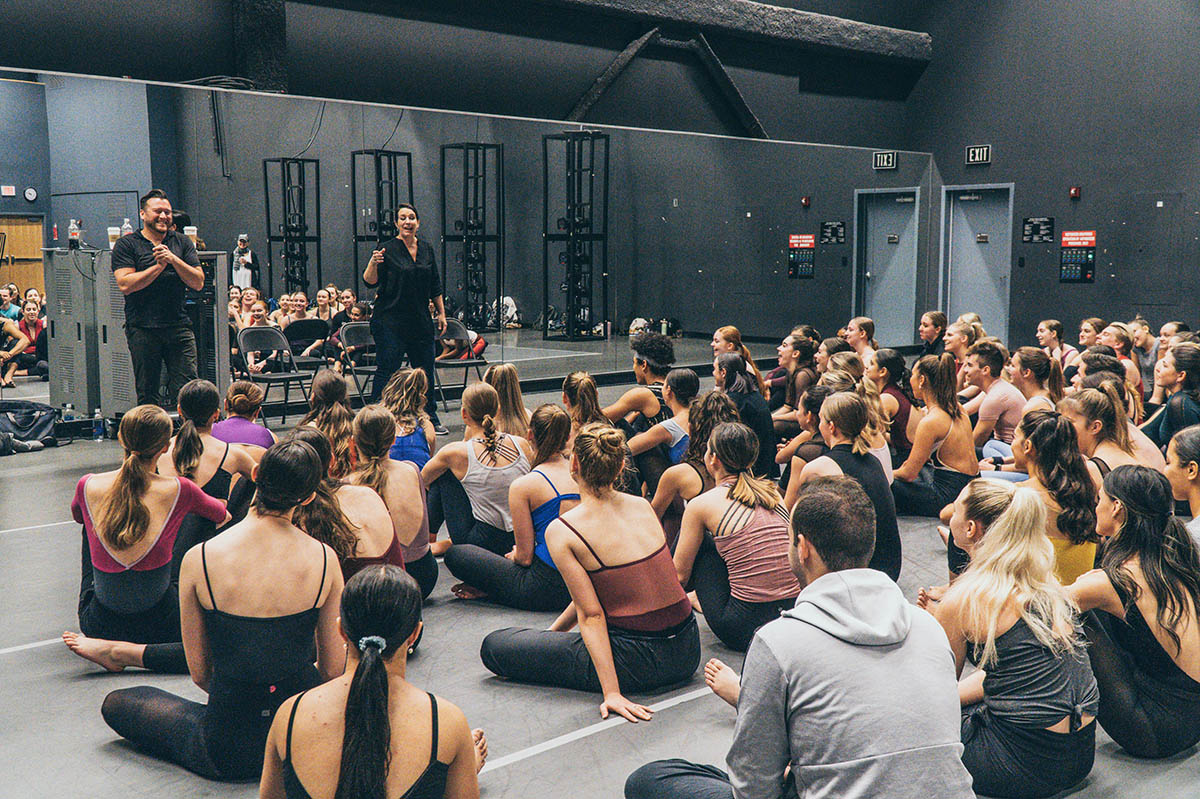

Much has improved for Li and her family since her children’s daycare reopened. Life doesn’t always happen as you plan, but you just get through it.” “It is quite challenging as a student to have kids. I feel like something is coming up for me, and I have to put it down. During the quarantine, sometimes I am in a bad mood. “Sometimes I feel I missed a lot of their cute times. She had planned to graduate in 2020, but now has her sights set on May 2021.Īs a parent, the experience was less quantifiable. Academically, she fell behind a semester. The fallout from the pandemic set Li back in more ways than one. It was very stressful.”įor a period of two months, she became a stand-in technician running the lab experiments. “I didn’t have a lot of lab experience before. “I just tried to take over her work,” Li said, noting that she had only two weeks to learn the ropes by video. The postdoc who conducted the lab experiments that provided the data that Li was processing left abruptly due to COVID-related visa issues. Then in September 2020, the pandemic delivered another blow. She kept up this grueling schedule for six months. After a few hours of sleep she would get up and do it all over again. Ultimately she wound up doing most of her research at night after putting the boys to bed, working between the hours of 9 pm and 2 am.

#Point university quicklinks code#
She worked within segmented chunks of time: she set her code to run while she spent time with the children, but when she came back, it would be hard to remember what she was doing. She worked with interruptions: during virtual meetings, the boys knocked on the door repeatedly to ask what she was doing. So, when the preschool the twins attended closed, it fell to Li to assume the roles of full-time caregiver and preschool teacher, trying to prepare her boys for kindergarten, while maintaining her graduate research. Her husband works out of state during the week, and their families live abroad. Models like these could one day be used to predict other cell behaviors, such as the behaviors of cancer cells in humans. She works on mathematical modeling of the protein signaling networks in the zebrafish embryo. Linlin Li is a 5th-year PhD student in the Weldon School of Biomedical Engineering. “Life doesn’t always happen as you plan, but you just get through it.” Linlin Li (center), a PhD candidate in the Weldon School of Biomedical Engineering at Purdue University, shown here with her twin boys, juggled the roles of full-time parent, research assistant, and temporary lab technician in the throes of the pandemic. With grit and determination, the students featured in this story are persevering, but it hasn’t been easy. While there were some pluses that came with the pandemic, such as more time at home with the family and smiling faces popping up in the middle of the day, many graduate student parents have been pushed to their breaking point. Children were home 24-7, and parents found themselves isolated professionally and socially and scrambling to establish new routines for school, childcare, work, and family life. When Purdue shut down in the spring of 2020, daycares and schools also closed. When the pandemic started, it was especially disruptive to graduate student parents. International graduate student parents have the added test of navigating a foreign culture, language, and institutions. Many live far away from familiar support systems and are building new ones. Some are the breadwinners of their families. They juggle multiple roles: parent, student, and part-time or full-time employee. Many graduate student parents are taxed to the limit on a good day. Graduate student parents persevere in spite of pandemic-induced chaos and isolation


 0 kommentar(er)
0 kommentar(er)
